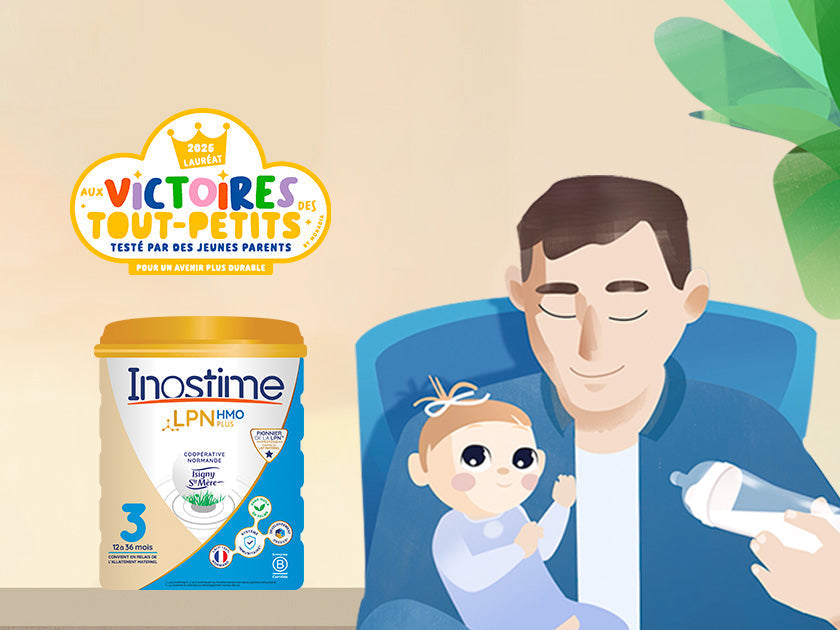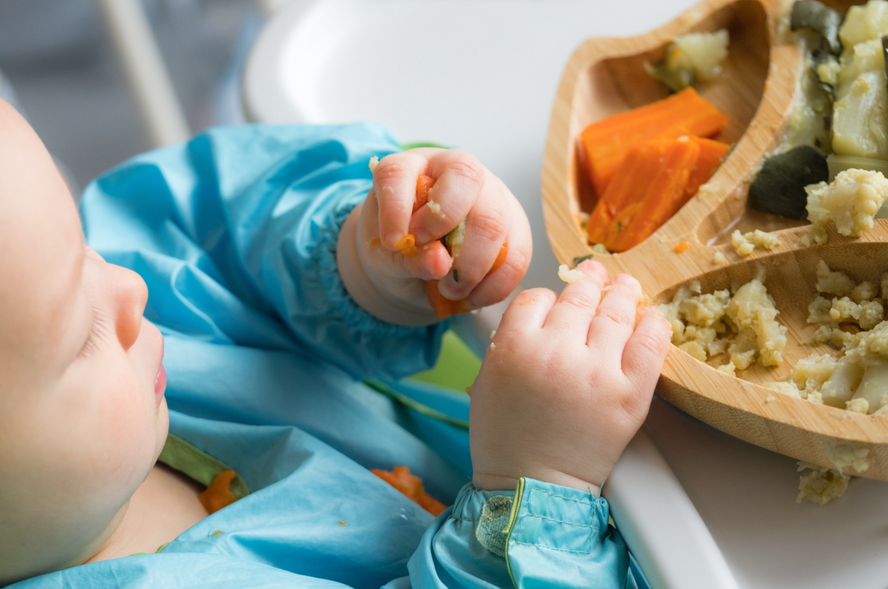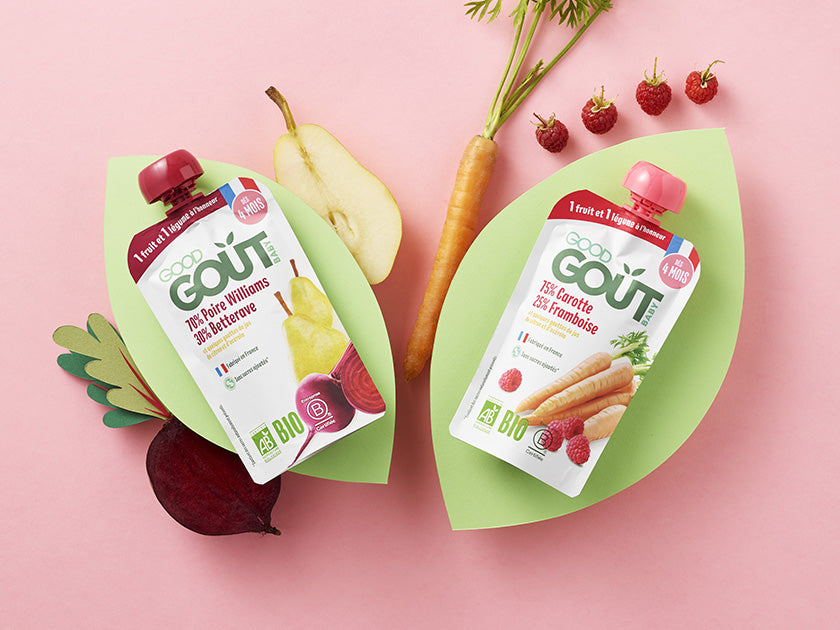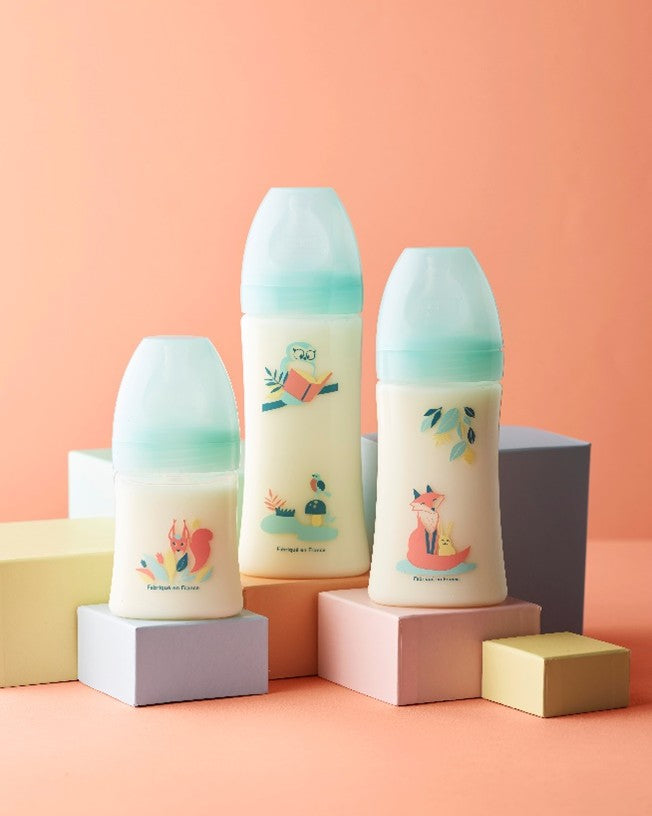An early preference, the object of all desires for our children, sugar poses a real dilemma when it comes to awakening our babies' taste buds. When and how should we introduce them to these little pleasures of life that are chocolate and other sweets?
Sugar is essential for our babies' bodies, and that's a good thing, since it's naturally present in a large majority of foods. Whether it's fast-release sugars or slow-release sugars, it provides our children with energy that their bodies can immediately use. While children rightfully love it and shouldn't be deprived of it, there's no need to get them used to it too early!
An innate penchant for sugar!
The preference for sweet taste is innate . Studies show that babies already enjoy sugar even in the womb.
To "get" babies with poor appetites to eat, some mothers tend to offer them more sweet foods than savory ones. This is a natural reflex that pediatricians warn us against. It's the cause of many nutritional imbalances when sweet foods are consumed at the expense of vegetables or meat, which provide the lipids and proteins necessary for the growth and activity of little ones.
The more sweet things your baby eats, the more he will like sugar!
It's not about eliminating or banning sugar, which remains an essential source of energy for your baby's body, but about offering it in moderation. Slightly sweetening compotes or plain yogurts is perfectly possible. But why give chocolate yogurt from 8 months when there are so many flavors to introduce to your baby that they won't go looking for on their own later on!
The biggest risk with sugar isn't really that your baby will gain too much weight, although you should be careful. It's about not treating chocolate and orange juice as equals to fruit or mineral water...in short, giving your baby bad eating habits and curbing their culinary curiosity .
The link between excess sugar in early childhood and later obesity remains controversial, but it is certain that there is no nutritional or taste benefit to introducing sugar to your baby too early .
Beware of snacking between meals...
As you can see, while chocolate, biscuits, and fruit juice shouldn't be banned, it's when sugar is consumed too regularly, especially between meals, that it becomes problematic. The main risk is the development of cavities, even in babies who don't yet have teeth.
Therefore, it's essential to avoid giving your baby a bottle of sugary water or milk to help them fall asleep. Furthermore, snacking between meals, whether sweet or not, undoubtedly increases the risk of obesity.
Sugar and educational or emotional stakes!
"Eat your vegetables and you'll get dessert!" Who hasn't succumbed to the temptation of this little blackmail ten times? However, be careful, sweets shouldn't become an educational or emotional issue, or they'll become the object of your baby's desire. Sugar should be neither a reward nor the object of bargaining, but simply a pleasure to be enjoyed in moderation.
Since your baby's sweet tooth is innate, there's no need to encourage this inclination or particularly awaken him to the taste of sweets; he'll undoubtedly come to it on his own quite quickly. In the meantime, take advantage of the period between one and two years when your baby is still receptive to all the other flavors!












